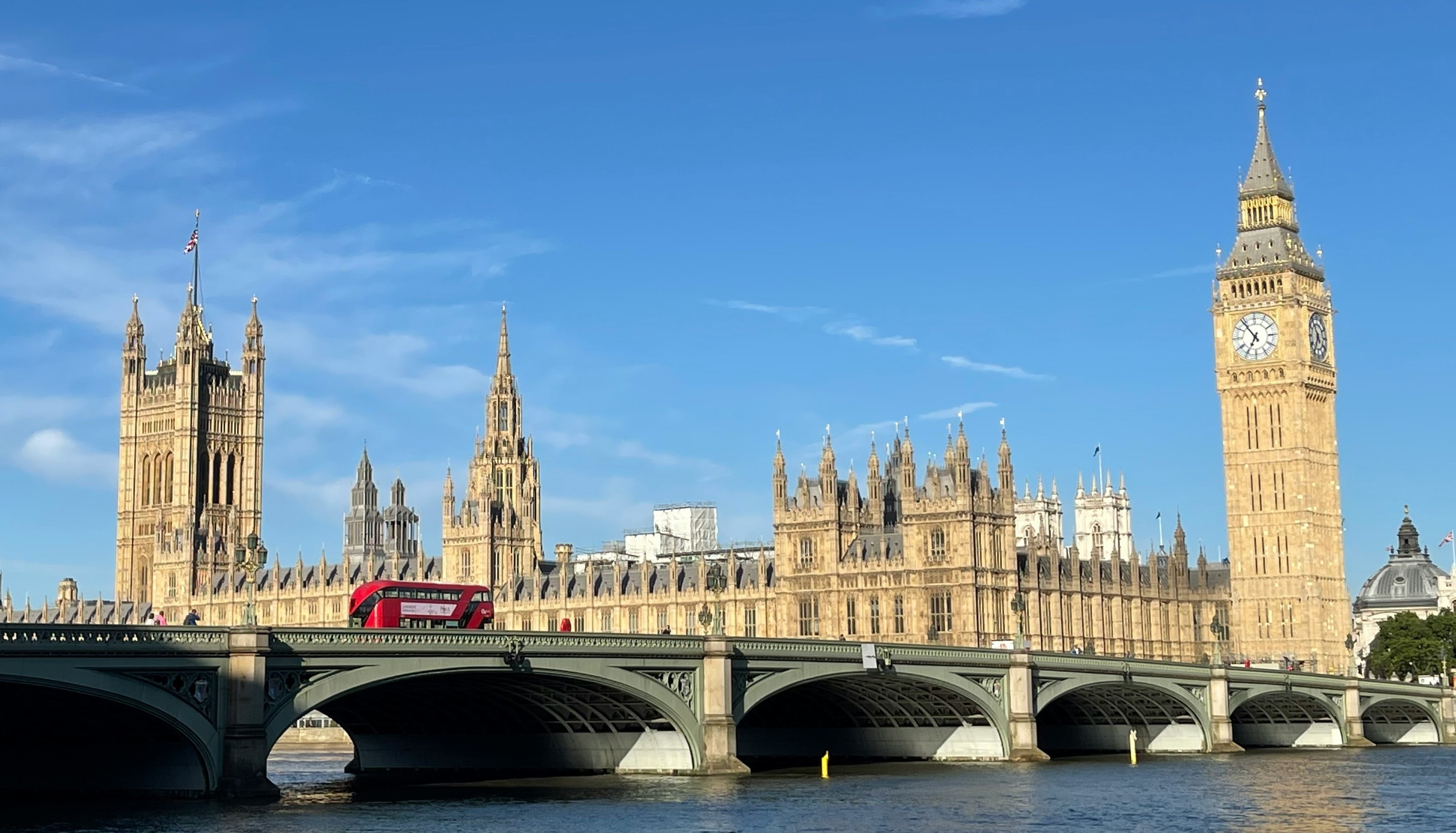Latest News

Association News
Association's £4.1 million house draw partnership boost will kickstart a revolution in MND research
12 July 2025
The money raised will support the development of the Association's Research Nurse Network

Association News
Dr Michael Hope: A tribute
9 July 2025
Tributes have been paid to Michael Hope who died recently
News
MND Association research investment reaches record high
3 July 2025
The MND Association is funding more research than ever before, underlining our ongoing commitment to funding world-class research to drive forward our understanding and treatment of MND

News
MND Association response to the NHS 10 Year Plan
3 July 2025
MND Association response to the NHS 10 Year Plan

News
Government events mark Global MND Awareness Day
27 June 2025
25 Members of Parliament (MPs) and 13 Senedd Members, or their representatives, from five political parties attended across both events.

News
Longitude Prize on ALS launches
25 June 2025
Principally funded by the MND Association, the Longitude Prize on ALS is a new £7.5 million global challenge

Association News
MND Association calls for greater awareness as two thirds know little or nothing about motor neurone disease
20 June 2025
Public urged to learn more about the hidden realities of motor neurone disease as Global MND Awareness Day approaches

News
MND-SMART trial opens new centres and adds new drug
19 June 2025
York & Scarborough Teaching Hospitals NHS Foundation Trust have joined pioneering clinical trial platform MND-SMART. Recruitment to the trial is underway (June 2025)

News
Our response to the Government's Spending Review
11 June 2025
Our response to the Government's Spending Review